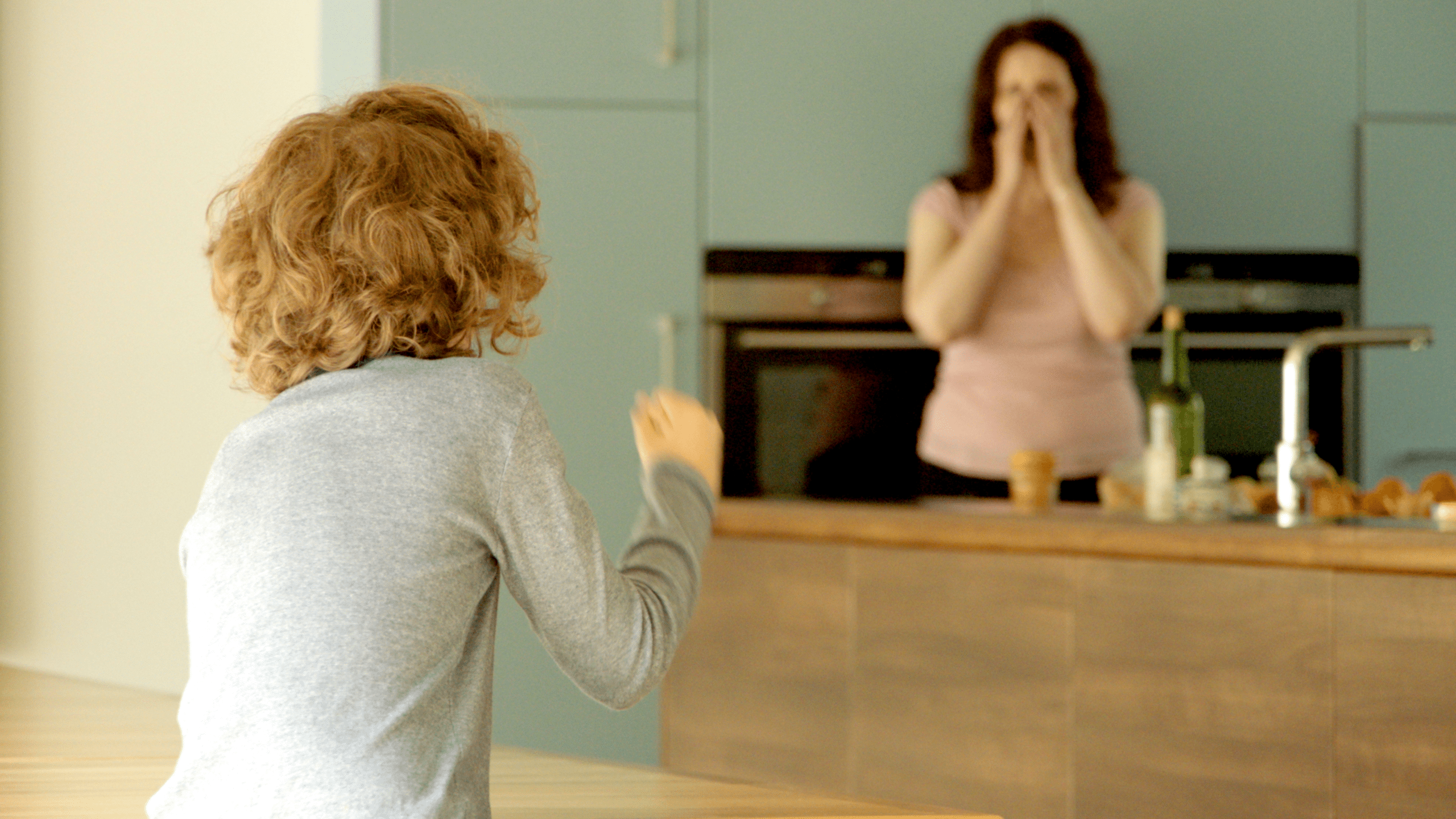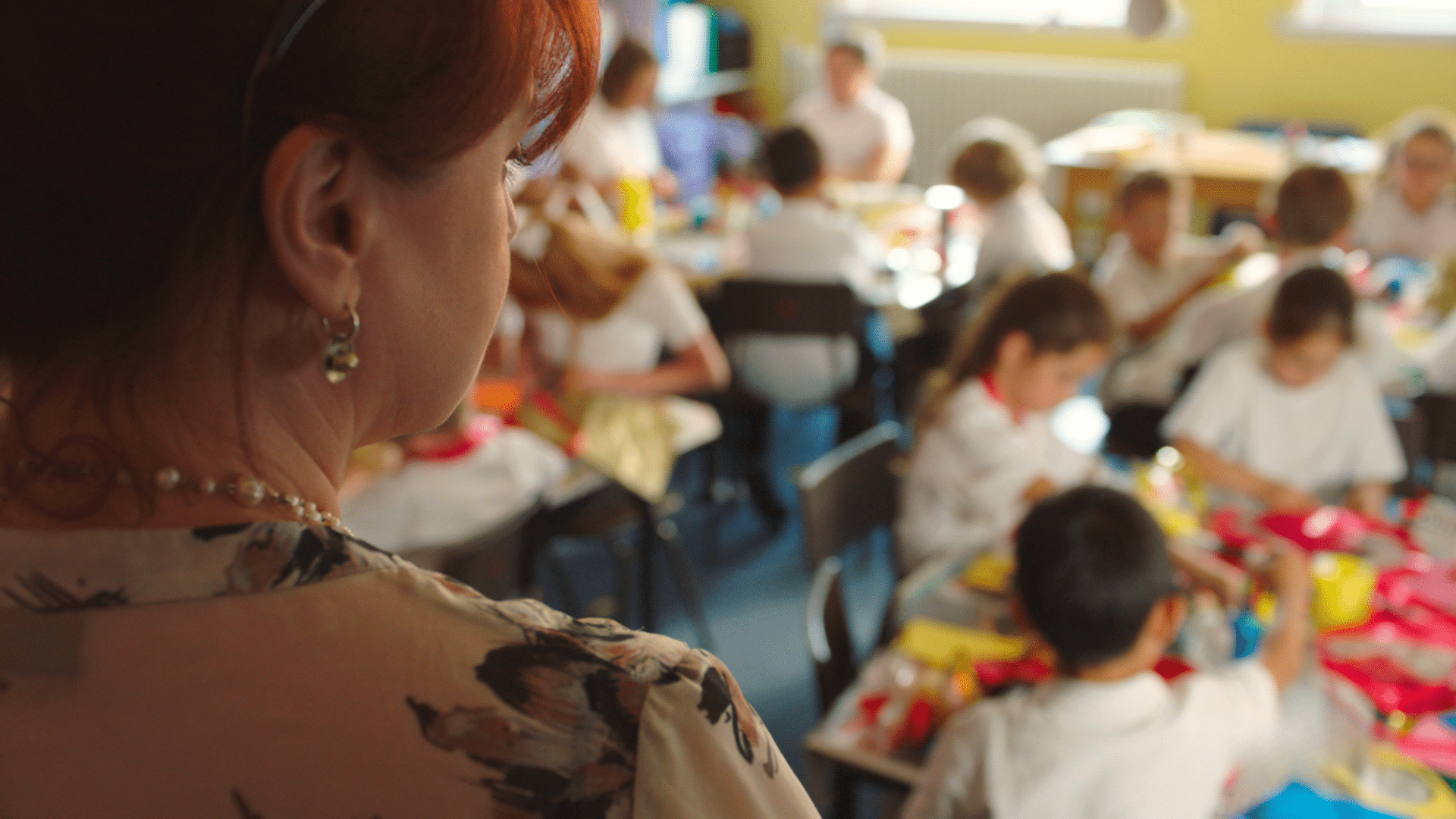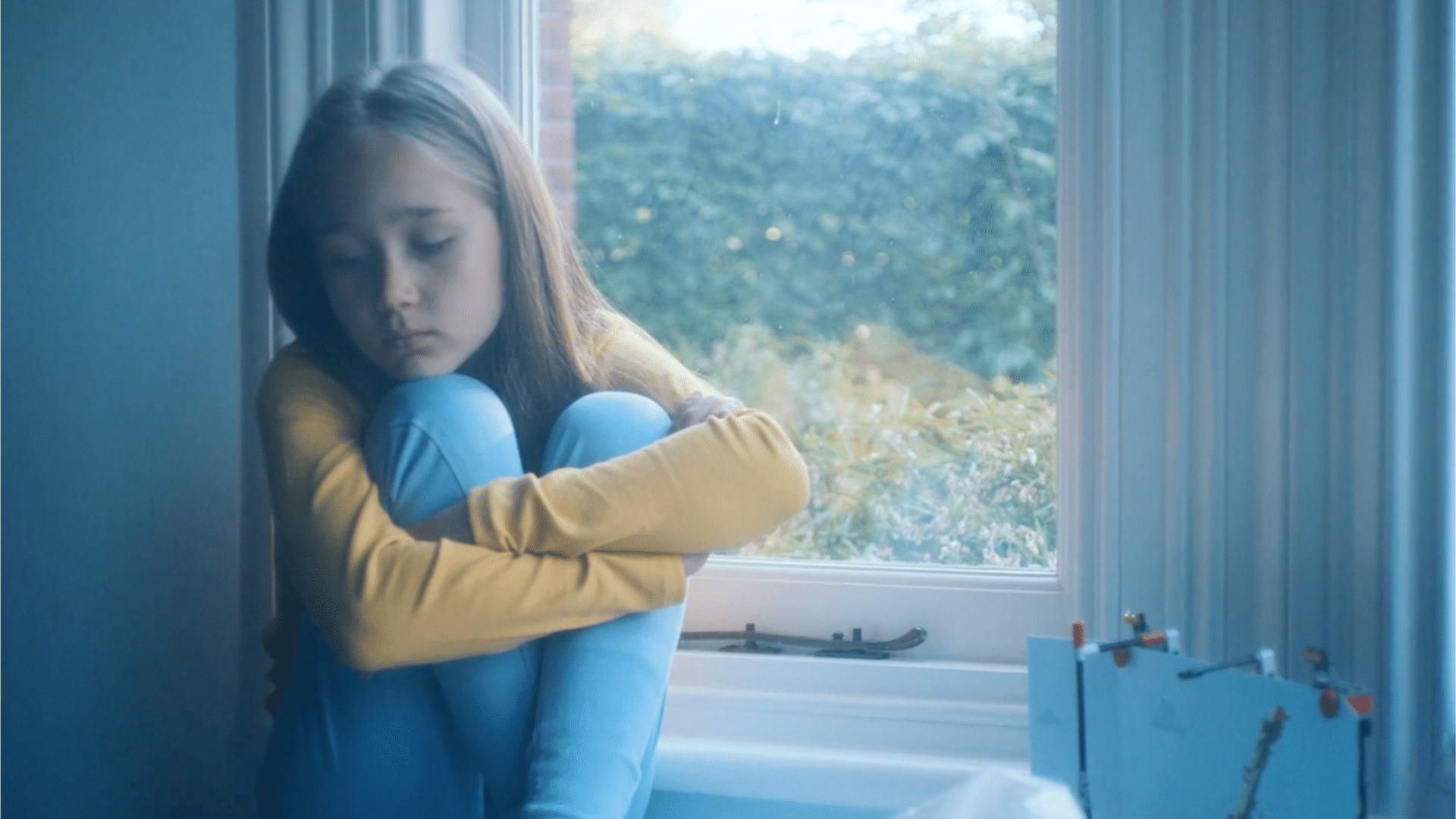
October is Breast Cancer Awareness month in the UK. It’s important to raise awareness of the symptoms of breast cancer in women and men, so people know what to look out for. It’s also key that we discuss breast cancer and provide support and empathy to those who are affected by the disease.
If you or a loved one has been diagnosed with breast cancer, it can be challenging to manage your own feelings, worries and emotions about the disease. If you’re a parent, you’ll be wondering how and when to discuss the illness with your children.
Here are a few tips for talking to children about cancer, including those who have a mental health condition or learning disability.
Where and when
Before you speak to your children about cancer, it’s vital that you make sure you have sufficient support to manage your own feelings. You may wish to speak to a friend or counsellor and discuss how you plan to tell your children about the diagnosis.
Choose a quiet, private place to discuss your cancer diagnosis with your children. If your child has an existing mental health condition like autism, anxiety or depression, you may need to take this into account. For example, children with autism do not tend to react well to change, so reassure your child of those aspects of their life that will not change and how you will help them manage any that do.
Children of different ages may respond differently to your news and young children may not fully understand the situation. If you have more than one child, it’s usually best to tell all children at the same time. This will make sure they feel informed and will allow them to discuss it openly within the family.
Be honest
While it may be tempting to offer lots of reassurance to your child, honesty is best when talking to children about cancer.
If you don’t know the answer to any of their questions, let them know that you’ll do your best to find out but that you may not be able to give them all the answers. If they’re scared or uncertain about the future, let them know that someone will always take care of them. Finally, if they respond by ignoring you, getting angry or refusing to acknowledge your diagnosis, rest assured that this is no reflection on you – try to speak to them again at another time.
If your child has a mental health condition, it can help to contact your local CAMHS or their school SENDCO to explain the situation and ask that they receive additional support.
Support and advice
It’s very important that you and your family get emotional support to help you come to terms with your diagnosis.
Macmillan Cancer has loads of resources aimed at improving breast cancer awareness and information about other types of cancer. Their website also includes a section dedicated to talking to children about cancer.
If your child has a mental health condition, you can find comprehensive information about how to manage their condition on the Nip in the Bud website.
Remember, you’re never alone and together, we can beat cancer.





